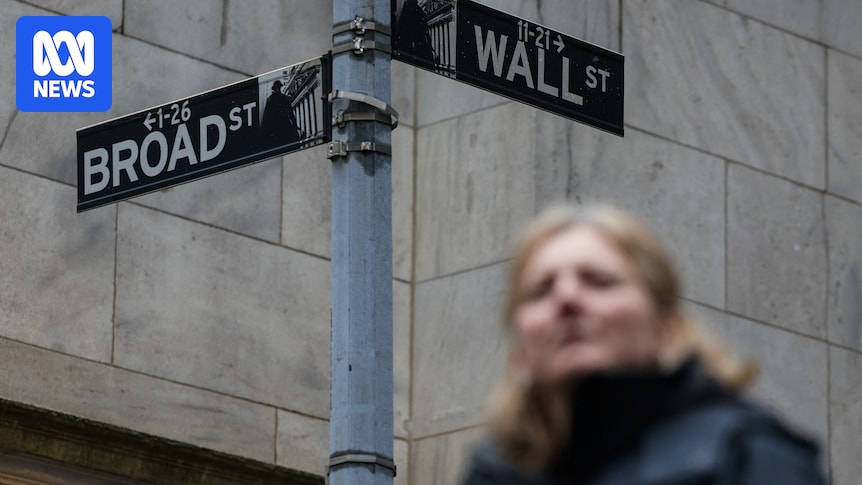US-China Trade War: Market Volatility Intensifies
The ongoing US-China trade war continues to send shockwaves through global markets, intensifying volatility and uncertainty for investors. Recent escalations in tariffs and retaliatory measures have left businesses and consumers grappling with the consequences, sparking concerns about a potential global recession.
The Current State of Play:
The trade war, which began in 2018, has seen a tit-for-tat exchange of tariffs on billions of dollars worth of goods between the world's two largest economies. While there have been periods of negotiation and temporary truces, the latest developments suggest a renewed hardening of positions. This latest escalation includes increased tariffs on various goods, ranging from consumer electronics to agricultural products.
Impact on Global Markets:
The uncertainty surrounding the trade war has led to significant market volatility. Stock markets have experienced sharp swings, reflecting investor anxieties about the potential for reduced economic growth and disrupted supply chains. The impact is not limited to the US and China; global markets are feeling the ripple effects, with emerging economies particularly vulnerable.
- Increased Costs for Consumers: Tariffs ultimately lead to higher prices for consumers, impacting purchasing power and potentially slowing consumer spending.
- Disrupted Supply Chains: Businesses are facing increased costs and logistical challenges due to trade restrictions and uncertainty, leading to delays and potential shortages.
- Economic Slowdown: The trade war threatens to dampen global economic growth, as businesses postpone investment decisions and consumers curb spending.
- Currency Fluctuations: The uncertainty surrounding the trade war has also led to increased volatility in currency markets, adding another layer of complexity for businesses operating internationally.
Potential Long-Term Consequences:
The prolonged nature of the trade war raises concerns about its long-term consequences. These include:
- Decoupling of Economies: The trade war could accelerate a trend towards decoupling the US and Chinese economies, leading to the fragmentation of global supply chains and reduced economic interdependence.
- Geopolitical Instability: The trade dispute has added to existing geopolitical tensions, raising concerns about a broader escalation of conflicts between the two superpowers.
- Technological Rivalry: The trade war is intertwined with broader technological competition between the US and China, impacting innovation and the development of critical technologies.
What Investors Should Do:
Given the heightened market volatility, investors should consider the following:
- Diversification: Diversifying investment portfolios across different asset classes and geographies can help mitigate some of the risks associated with the trade war.
- Risk Management: Implementing robust risk management strategies is crucial to navigate the uncertain market environment.
- Stay Informed: Keeping abreast of developments related to the trade war and its potential impact on global markets is essential for making informed investment decisions.
Looking Ahead:
The outcome of the US-China trade war remains uncertain. While a negotiated settlement remains a possibility, the current trajectory suggests a protracted conflict with significant consequences for the global economy. Investors and businesses alike need to prepare for continued uncertainty and volatility in the months to come. Closely monitoring the situation and adapting strategies accordingly will be crucial for navigating this complex and challenging environment.
Keywords: US-China trade war, market volatility, global economy, tariffs, trade disputes, investment, economic slowdown, supply chain disruption, geopolitical risk, decoupling, currency fluctuations.

